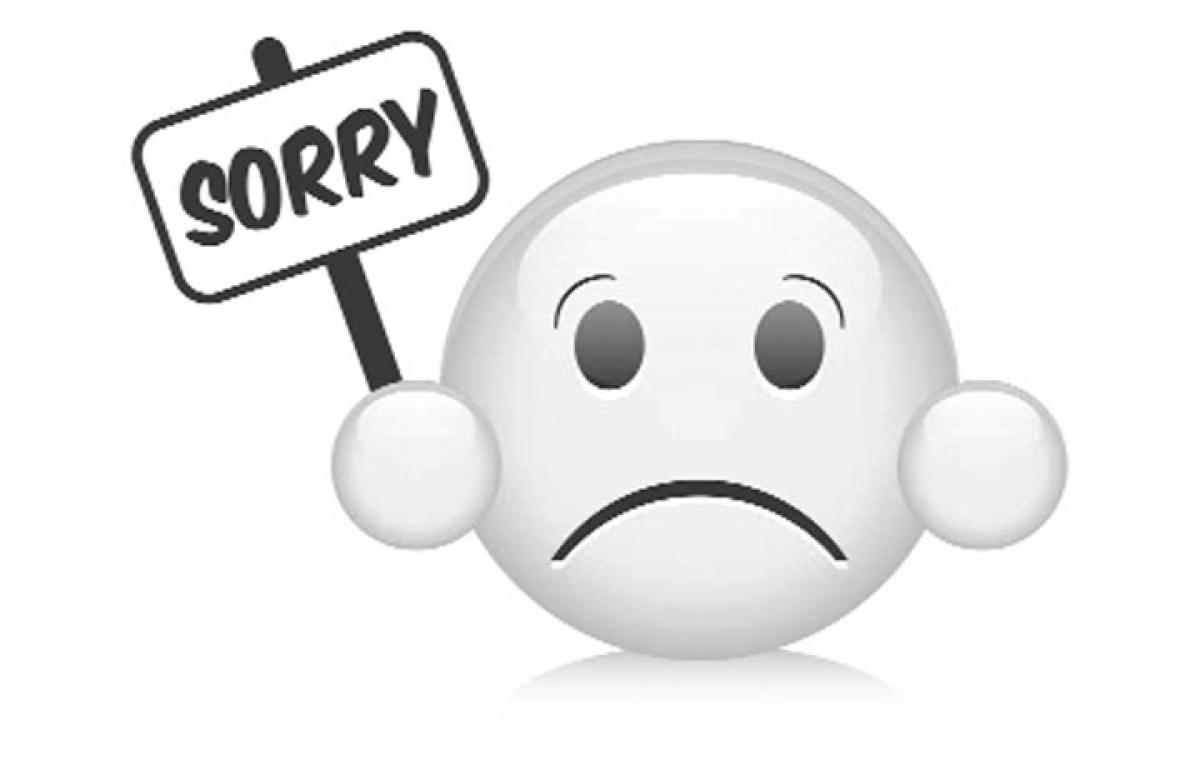Live
- Sreeleela Sparks Dating Rumors After Spotted with Ibrahim Ali Khan in Mumbai
- Revalli mandal Government is working hard for farmers' welfare: Bhatti
- Free Fire MAX Redeem Codes for January 9, 2025: Unlock Exclusive Rewards Now
- Researchers decode average life expectancy after dementia diagnosis
- Demat accounts in India hit record 185 million in 2024
- South United Football Club to host first-ever inter-city tournament to elevate grassroots football
- Cold wave: Schools in Bihar's Araria closed for classes up to 8 till January 12
- Tamil Nadu Chief Minister Stalin launches Pongal gift hampers
- Shiva Thapa, Sachin Siwach shine on Day 2 of men’s Boxing Nationals
- Agastya Hydrogen Launches 1 MW AEM Electrolyser Station and Hydrogen Refuelling Station, Advancing Green Hydrogen Innovation









